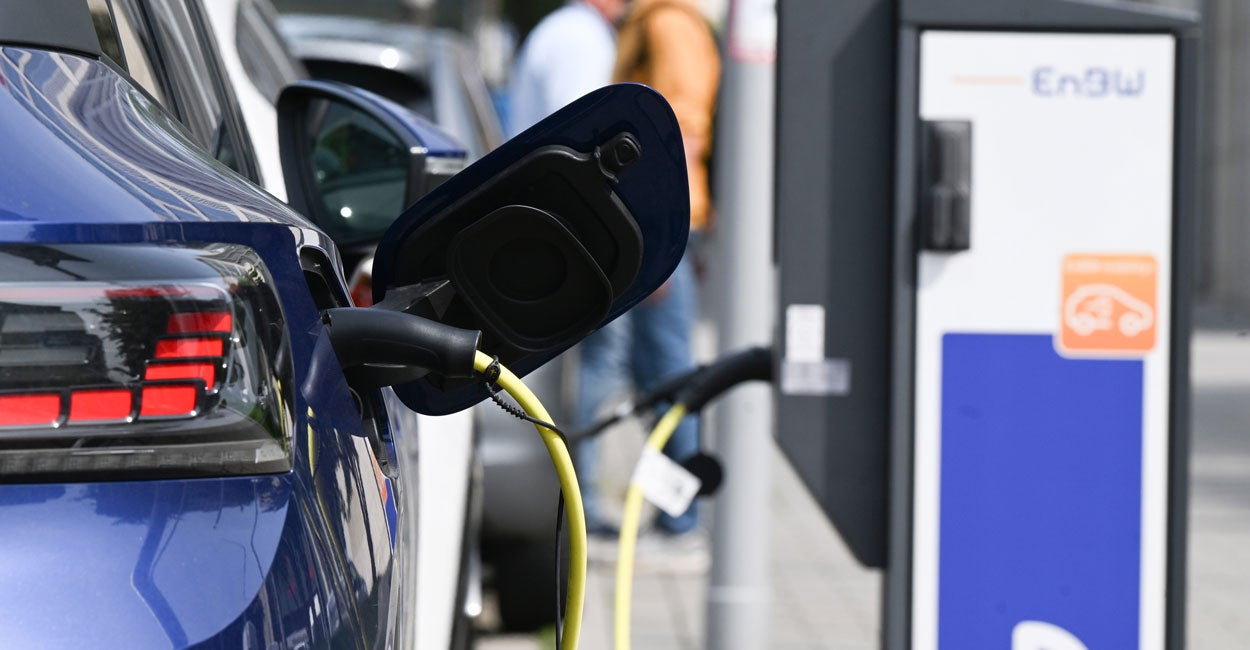Green Europes Industrial Masochism
3 minute readPublished: Friday, August 22, 2025 at 9:30 pm

EU Energy Policies Face Scrutiny Amidst Global Trends
Recent data paints a stark picture of the European Union's energy policies, raising questions about their effectiveness and long-term viability. While the EU has aggressively pursued a transition to renewable energy sources, the global landscape tells a different story.
According to the Energy Institute, renewable sources, primarily wind and solar, now constitute over one-third of the European electricity mix, surpassing coal. However, this shift contrasts sharply with global trends. Worldwide, renewables contributed only 5.6% to the energy mix in 2024. Fossil fuels, including coal, oil, and natural gas, still account for a dominant 87% of global energy consumption.
The growth of renewables globally is not keeping pace with rising energy demand. Over the past decade, fossil fuel consumption has increased significantly faster than the growth of renewables. Coal production, in particular, has seen a rise. The Asia-Pacific region, a major consumer of energy, is driving much of the global increase in energy demand, with coal remaining a dominant fuel source.
While the EU has decreased its energy use and increased the role of renewables, the economic consequences are concerning. The EU's per capita GDP has stagnated since 2010, while the U.S. has seen substantial growth. The author suggests that the EU's focus on replacing fossil fuels, rather than adding new energy sources, is out of sync with global economic realities.
The author argues that the EU's climate ambitions are increasingly at odds with global energy consumption patterns. The gap between the EU's goals and the reality of global energy use is widening. The author anticipates that the EU's failure to meet its climate targets may lead to the abandonment of the Paris Agreement. Despite these challenges, the European Commission continues to propose ambitious targets, such as a 90% reduction in emissions by 2040. The author concludes that the EU's policies are leading to economic decline, with industry withering, jobs moving elsewhere, and citizens bearing the financial burden.
BNN's Perspective:
The EU's commitment to renewable energy is admirable, but the data suggests a disconnect between its goals and global realities. A balanced approach that considers both environmental sustainability and economic competitiveness is crucial. The EU should consider a more pragmatic approach that acknowledges the continued importance of fossil fuels while investing in and promoting renewable energy sources.
Keywords: EU energy policy, renewable energy, fossil fuels, global energy consumption, climate targets, economic impact, wind energy, solar energy, coal production, energy transition, Paris Agreement, GDP, energy demand, Asia-Pacific, European Commission